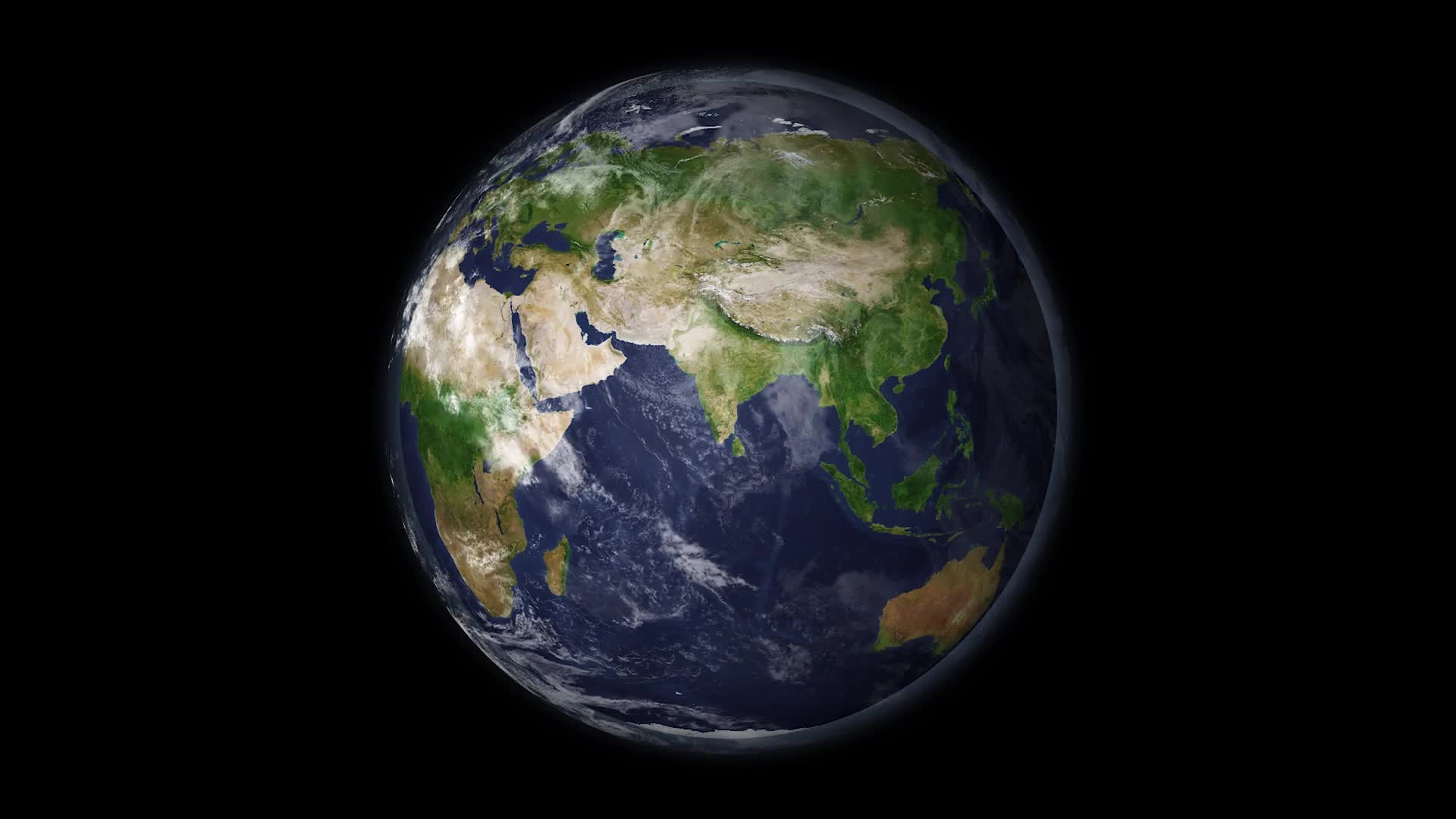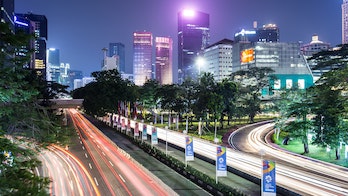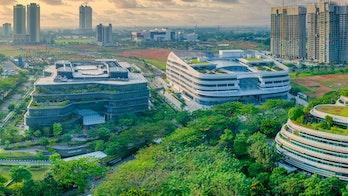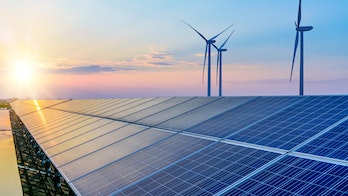South Africa
Coal is the mainstay of the South African energy system, meeting around 70% of installed power generation capacity. The 2019 Integrated Resource Plan however sets out a long-term diversification of the power mix by 2030 and moves towards lightening the carbon footprint of the energy sector while meeting growing energy demand and ensuring a socio-economically just transition.
Read more
While the options to diversify the country's electricity mix appear diverse, the affordability of electricity supply looms as a key concern and a potential constraint on diversification. The structure of consumption and of spending on electricity is skewed towards higher income groups, with the richest 20% of the population accounting for more than half of the total. In recent polling conducted by the Department of Energy, three-quarters of South Africans stated that the priority for government energy policy should be to keep electricity prices low: economic considerations outweighed other priorities by a considerable margin. Regarding the future fuel mix, nearly a third of respondents agreed with the statement: “it does not matter which source, as long as it is the cheapest”. But a quarter of respondents explicitly supported renewable energy sources, with a further 14% placing emphasis on sources that are not damaging to the environment.
The government will face complex choices as it pursues its objectives of diversifying and reducing the environmental impact of the country's energy mix, and needs to pursue an active policy of public engagement in the debate. But South Africa’s combination of integrated policymaking, strong regulation, well-designed incentives for low carbon investment including private investment, greater efficiency and regional integration gives it enviable strength for the task.
The government will face complex choices as it pursues its objectives of diversifying and reducing the environmental impact of the country's energy mix, and needs to pursue an active policy of public engagement in the debate. But South Africa’s combination of integrated policymaking, strong regulation, well-designed incentives for low carbon investment including private investment, greater efficiency and regional integration gives it enviable strength for the task.
Last updated May 23, 2023

Key energy statistics
South Africa data explorer
Analysis
-
Cost of Capital Observatory
Tracking the cost of capital for clean energy projects in emerging and developing economies

-
Implementing Clean Energy Transitions
Focus on road transport in emerging economies

-
Clean Energy Transitions Programme 2022
Annual report 2022

-
Clean Energy Transitions Programme 2021
Annual report 2021

-
Fuel economy in South Africa
-
E4 Country Profile: Energy Efficiency in South Africa
Energy Efficiency in Emerging Economies (E4) programme findings and work
-
South Africa Energy Outlook
Analysis from Africa Energy Outlook 2019
-
Energy Efficiency 2018
Analysis and outlooks to 2040
Events
23 Sep 2021 13:30—15:00
28 Jun 2021
Launch of the IEA’s Energy Efficiency Indicators Online Training for South Africa
25 Oct 2018
WEO Special Report: Producer Economies
4 Oct 2015
Enabling Policy and Financing Frameworks for Renewable Energy Deployment in Southern and Eastern Africa
Latest news
Policies
Policy
Country
Year
Status
Jurisdiction
-
South Africa 2023 Planned National
-
South Africa 2022 In force National
-
South Africa 2021 In force National
-
South Africa 2021 In force National
-
South Africa 2020 In force International
-
South Africa 2020 In force National